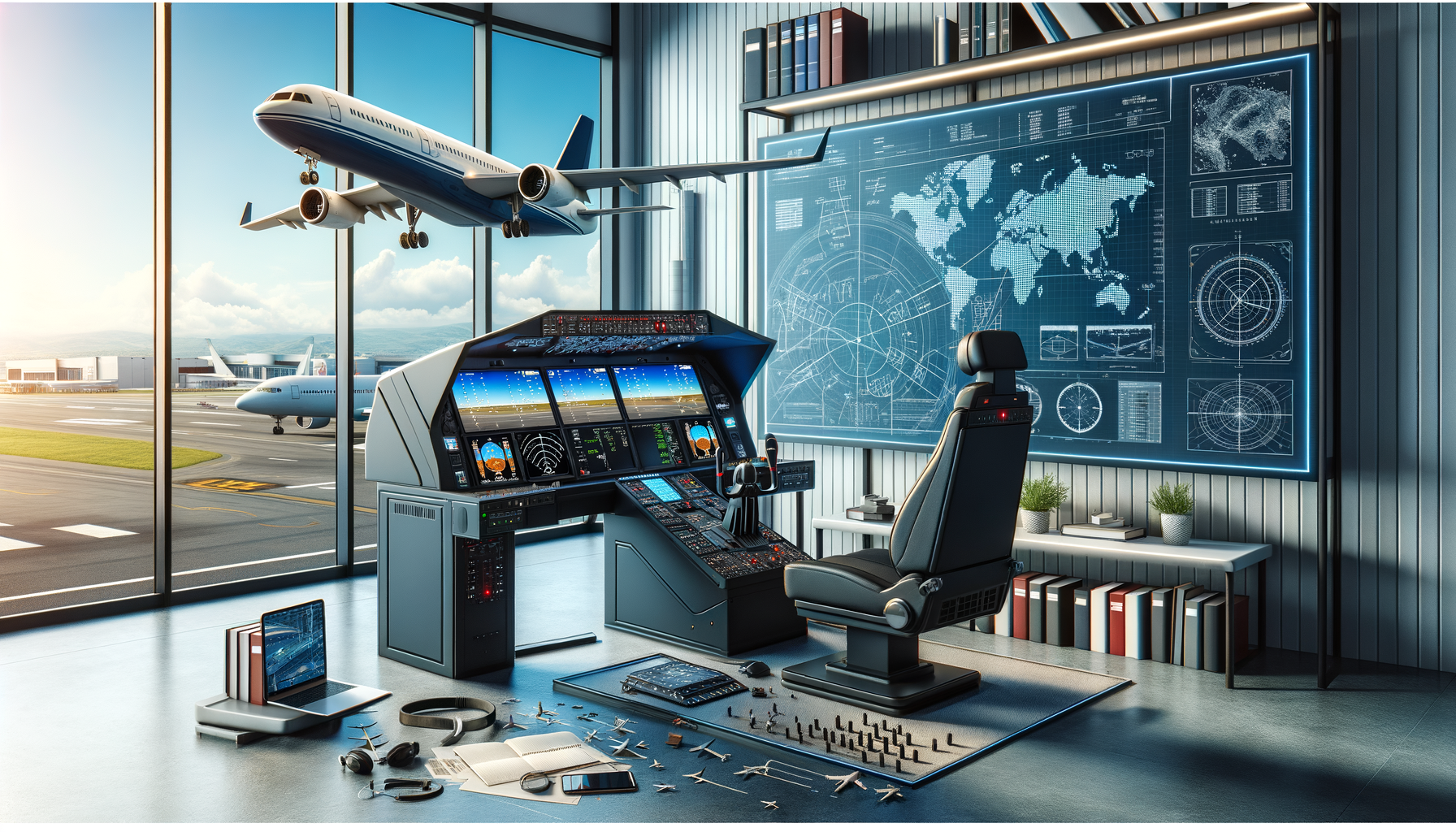
Ready for Takeoff: Start Your Aviation Career in the USA with Flight Attendant Training
The Importance of Aviation Training
Aviation training is a cornerstone of the aviation industry, ensuring that the skies remain safe and efficient. With the rapid growth of air travel, the demand for well-trained aviation professionals has never been higher. This training encompasses a wide range of roles, from pilots and air traffic controllers to flight attendants and maintenance technicians. Each position requires a unique set of skills and knowledge, underscoring the importance of comprehensive and specialized training programs.
For aspiring pilots, aviation training involves mastering the art of flight through a combination of classroom instruction and hands-on experience in simulators and actual aircraft. This rigorous process ensures that pilots are well-equipped to handle the complexities of modern aviation. Similarly, air traffic controllers undergo extensive training to manage the flow of aircraft safely and efficiently, requiring sharp decision-making skills and a deep understanding of aviation regulations.
Moreover, flight attendants receive training that goes beyond customer service. They are prepared to handle emergency situations, administer first aid, and ensure passenger safety and comfort. This multifaceted training highlights the critical role flight attendants play in the aviation ecosystem.
Maintenance technicians, on the other hand, are trained to keep aircraft in peak condition, ensuring that every flight is as safe as possible. Their training covers everything from routine inspections to complex repairs, emphasizing the importance of attention to detail and technical expertise.
Aviation training is not just about acquiring technical skills; it also involves developing soft skills such as communication, teamwork, and problem-solving. These skills are essential for navigating the dynamic and often unpredictable nature of the aviation industry. In summary, aviation training is vital for maintaining the safety, efficiency, and reliability of air travel, making it an indispensable component of the aviation sector.
Types of Aviation Training Programs
Aviation training programs are as diverse as the roles they prepare individuals for. These programs range from short courses to extensive degree programs, each designed to meet the specific needs of different aviation careers. Understanding the types of training available can help aspiring aviation professionals choose the path that aligns with their career goals.
Pilot training programs are perhaps the most well-known, offering various levels of certification, from private pilot licenses to commercial pilot licenses and beyond. These programs typically include ground school, simulator training, and flight hours, providing a comprehensive education in aerodynamics, navigation, meteorology, and aircraft systems.
For those interested in air traffic control, specialized training programs focus on communication skills, radar operation, and the principles of air traffic management. These programs are often rigorous, reflecting the high-stakes nature of the job, and require candidates to pass demanding entrance exams and assessments.
Flight attendant training programs, while shorter in duration, are equally intensive, covering safety procedures, emergency protocols, and customer service skills. These programs often include practical exercises such as mock emergency drills and service simulations, ensuring that trainees are well-prepared for the demands of the job.
Maintenance technician training programs offer a blend of classroom instruction and hands-on experience, teaching students how to inspect, repair, and maintain aircraft. These programs often lead to certification, which is crucial for securing employment in the field.
In addition to these core programs, there are specialized training courses available for roles such as aviation management, airport operations, and aviation safety. These programs provide targeted education in specific areas, allowing individuals to develop expertise and advance their careers.
Overall, the variety of aviation training programs reflects the diverse opportunities within the industry, catering to a wide range of interests and skill sets. Whether aspiring to be a pilot, air traffic controller, flight attendant, or technician, there is a training program designed to pave the way for a successful aviation career.
The Future of Aviation Training
The future of aviation training is poised for transformation as technology and innovation continue to reshape the industry. With advancements in virtual reality, artificial intelligence, and simulation technology, aviation training is becoming more immersive and effective, offering exciting possibilities for aspiring aviation professionals.
Virtual reality (VR) is increasingly being integrated into aviation training programs, providing trainees with realistic, immersive environments to practice and hone their skills. For pilots, VR simulators offer a cost-effective and safe way to experience a wide range of scenarios, from routine flights to emergency situations. This technology allows for repeated practice without the risks associated with real-world flying.
Artificial intelligence (AI) is also playing a growing role in aviation training, particularly in areas such as air traffic control and maintenance. AI-powered tools can analyze vast amounts of data to provide insights and recommendations, helping trainees make informed decisions and improve their performance. For example, AI can simulate complex air traffic scenarios, enabling controllers to practice managing multiple aircraft simultaneously.
Simulation technology continues to evolve, offering increasingly sophisticated and realistic training experiences. Advanced simulators replicate the exact conditions of aircraft cockpits, allowing pilots to practice everything from takeoff and landing to navigation and system failures. These simulators are essential for building confidence and competence, ensuring that pilots are well-prepared for any situation.
As the aviation industry embraces these technological advancements, training programs are becoming more accessible and flexible. Online courses and remote learning options are expanding, allowing individuals from diverse backgrounds to pursue aviation careers. This democratization of training is opening doors for a new generation of aviation professionals, fostering diversity and inclusion within the industry.
In conclusion, the future of aviation training is bright, with technology paving the way for more effective, efficient, and inclusive programs. As the industry continues to evolve, so too will the methods and tools used to train the aviation professionals of tomorrow, ensuring that the skies remain safe and accessible for all.


